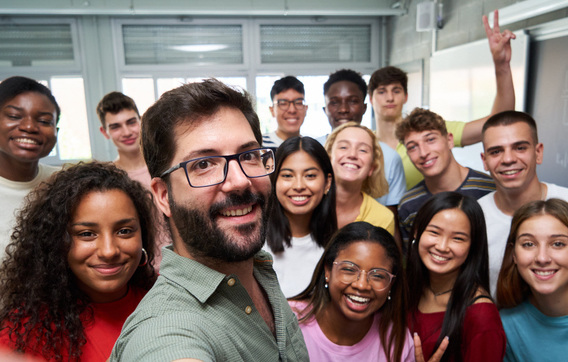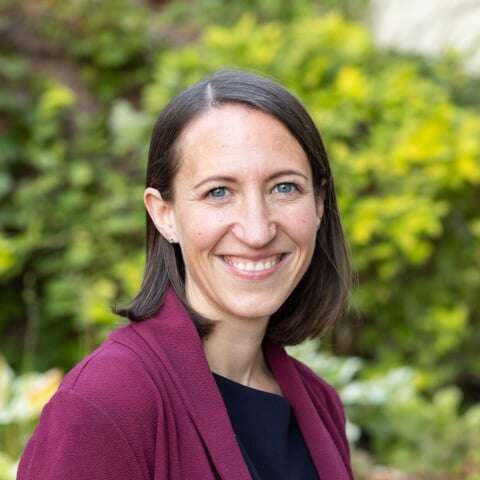Blog
Helping Young People Develop Social Capital for a Successful Future
Social capital consists of the resources that arise from a web of relationships that people can access and mobilize to help them improve their lives and achieve their goals. But how do you help young people to build their social capital? And why is it important?
Social capital is one of the most valuable assets that young people can have. Yet not all young people have access to the relationships, connections, and resources they need to achieve their life goals. Youth-serving organizations that foster high-quality developmental relationships are one promising avenue for enhancing the social capital of young people.
A Web of Relationships
Organizations and schools can promote social capital by connecting young people to both relationships and useful resources. When young people have high-quality, positive relationships with parents, teachers, mentors, coaches, and peers, they are more likely to develop resilience in the face of obstacles, grow, learn, and develop social-emotional skills. These are called developmental relationships.
Understanding who is in a young person’s web of developmental relationships (e.g., teachers or family members who provide essential emotional support throughout the year) can help us to identify leverage points for helping that young person and to identify areas that need more support (e.g., academic or tutoring support in a certain subject or navigating the college admissions process). Rather than leaving these connections to chance, relationship mapping involves making sure that all young people have the support they need.
Relationship Mapping
Using the relationship mapping exercise, participants are introduced to Search Institute’s Developmental Relationships Framework and are invited to begin mapping developmental relationships in their own lives. The objectives are to build and strengthen relationships among participants and between the participants and those who facilitate the exercise.
Facilitators are guided on how to elicit young people's sharing about their relationships and how to identify gaps in positive connections with others.
Questions facilitators might ask young people include:
- What are some things you learned about relationships in your life today?
- Are there places in your life you’d like to have more relationships? Are there elements you’d like to experience more of?
- Where do you think others would put you on their maps? What elements do you think you practice the most with others in your life?
- What surprised you as you reflected on your relationships?
The resulting developmental relationships map represents all of the relationships and resources in a young person’s life and how they all fit together. This ecosystem approach helps provide a more holistic understanding of a young person’s web of support.
Other mapping strategies to consider include those by the Making Caring Common Project and CERES Institute for Children & Youth.
Assessing Social Capital
Relationally rich organizations that serve young people are valuable resources for strengthening social capital development. One way to center social capital in an organization’s work is to measure how young people experience the relationship-building efforts in a program and to track the resources these relationships facilitate access to.
The Social Capital Assessment + Learning for Equity (SCALE) Measures User Guide is a tool designed for leaders and practitioners to collect valid and reliable data on how their organizations are helping young people to develop and strengthen social capital.
Anyone who works with young people in a variety of settings can benefit from understanding how their organization facilitates developmental relationships and promotes social capital. This may include education and workforce development programs, youth mentoring programs, high schools, post-secondary institutions, and others.
The Power of Social Capital
Research suggests that relationally rich organizations are well positioned to equip young people with education and employment knowledge, skills, and opportunities. Yet many organizations do not assess their ability to build quality relationships and equitable social capital. With effective measures as a starting point, organizations can tap their potential for improving practices to further support young people’s success.
For example, past research conducted by Search Institute shows that young people who have higher levels of social capital as well as stronger and more diverse networks also report greater progress toward their education or employment goals, are more committed to paying it forward to others, and believe they could have an impact on making education and employment systems more accessible and equitable.
Research Is Ongoing
Search Institute is committed to providing further evidence for the importance of social capital in the years ahead. Our research aims to develop a wide range of relationship-building tools that enhance peer-to-peer connections and strengthen social networks across multiple settings and contexts. We hope to begin to assess the degree to which these tools produce meaningful improvements in education and career trajectories so that all young people can reach their life goals and thrive.




